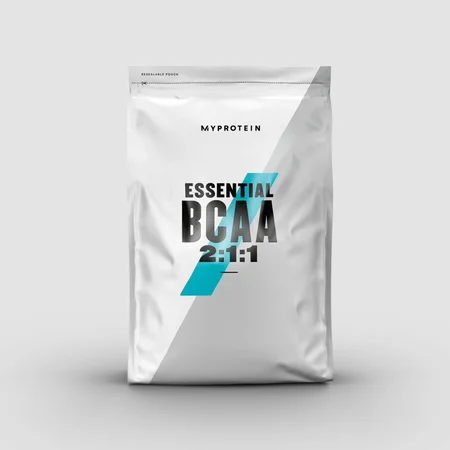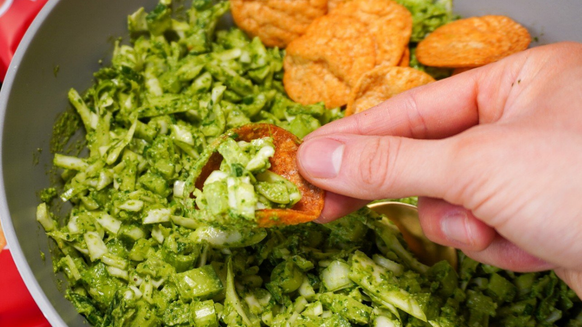
A common misconception about “being healthy” is that it’s expensive. While this may prove true when it comes to a jar of Skippy’s peanut butter from Walmart vs. the fancy almond butter from Whole Foods, it isn’t always the case. Here are some tips on how to stay healthy on a student budget.
1. Buy frozen. This saved my bank account when I was in college!a. Packets of frozen berries – way cheaper than buying each individual pack of berries fresh, plus they could be used in smoothies, or as cold, crunchy snacksb. Frozen seafood – usually cheaper than fresh seafood. I love to buy frozen cod, tilapia, and shrimp because it lasts a while and (in my opinion) tastes just as great as if I had bought it fresh
2. Freeze leftovers.a. If I buy a container of raw chicken and know I won’t use it all, I can freeze the remains and use it another time b. Same goes for salmon, I usually have salmon once a week, but when I buy it I get 2-3 pieces, so I freeze the remaining pieces til the next weekc. Freezing leftovers can apply to bread too. I usually freeze a loaf of bread as soon as I get it, and then toast a slice whenever I want breadd. Also, I always make sure I have a frozen meal in the freezer, so I usually make a batch of ground turkey or ground beef chili and freeze it in Tupperware containers, that way I have a quick go-to if I’m pressed for time or in the unlikely event that I ran out of food3. Figure out what essentials you need. a. Go to Costco or a place that sells in bulk and get your basic necessitiesi. Riceii. Oatmealiii. Mixed nuts and seedsiv. Applesaucev. Spicesvi. Boxes of pastavii. Cooking oilsviii. Cooking spraysix. Tupperware containersx. Aluminum foil/plastic wrapxi. Honey/peanut butter4. Don’t buy organic.a. Organic items are usually more expensive than non-organic items, and if you’re making the decision to have spinach, then buying organic spinach isn’t going to suddenly be a healthier choice. Spinach is spinach. Buy the cheaper option.5. Meal prep.a. If you plan out what meals you are going to have for the week, then you can buy your groceries accordingly and not splurge on unnecessary itemsb. This applies to going out too – if you know you’re going out for dinner on Friday and Saturday, then cut back on the groceries and save some money6. Give yourself a fun food adventure each week!a. For me that means trying out a new recipe, whether it be a cake, a pastry, a savory dish, or a different flavored stack of pancakes. I always do something fun on the weekends related to foodb. For you that could mean trying out a new restaurant, or going to your favorite restaurant, or getting pizza delivered to your doorstep!c. Or it could mean getting froyo, icecream, dessert, boba, donuts, or whatever makes you happy7. Make smoothies out of your leftover greens. a. I always have leftover spinach or kale, or even cucumbers and carrots lying around, so I chop them up and make smoothies with other fruits so as to not waste anything8. Look into what’s in season and buy accordingly. a. Year round: apples, avocados, bananas, lemons and papayas are generally the same priceb. Winter: clementines, dates, grapefruit, oranges, pears, and tangerines are in season c. Spring: apricots, cherries, honeydew, limes, mango, lychee, oranges, pineapple, and strawberries are in seasond. Summer: basically everythinge. Fall: grapes, guava, passion fruit, pineapple, pomegranate and cranberries are in seasonf. Generally if a fruit isn’t in season, it will be more expensive, so plan accordinglyLastly, some basic tips on staying healthy:
- Lean proteins: ground beef/turkey, chicken, steak, tilapia/cod/shrimp
- Dairy: eggs/milk/yogurt/cheese
- Whole grains: brown rice/pasta/bread/bagels etc.
- Healthy fats: avocados/nuts/seeds/salmon/peanut butter
- Greens: broccoli/asparagus/zucchini/spinach/collard greens/peas/edamame/kale
- Colorful veggies: carrots/bell peppers/tomato/eggplant/beets/squash/corn
- Fruits: apples/bananas/oranges/mixed berries/mango/guava
Our articles should be used for informational and educational purposes only and are not intended to be taken as medical advice. If you're concerned, consult a health professional before taking dietary supplements or introducing any major changes to your diet. 

















